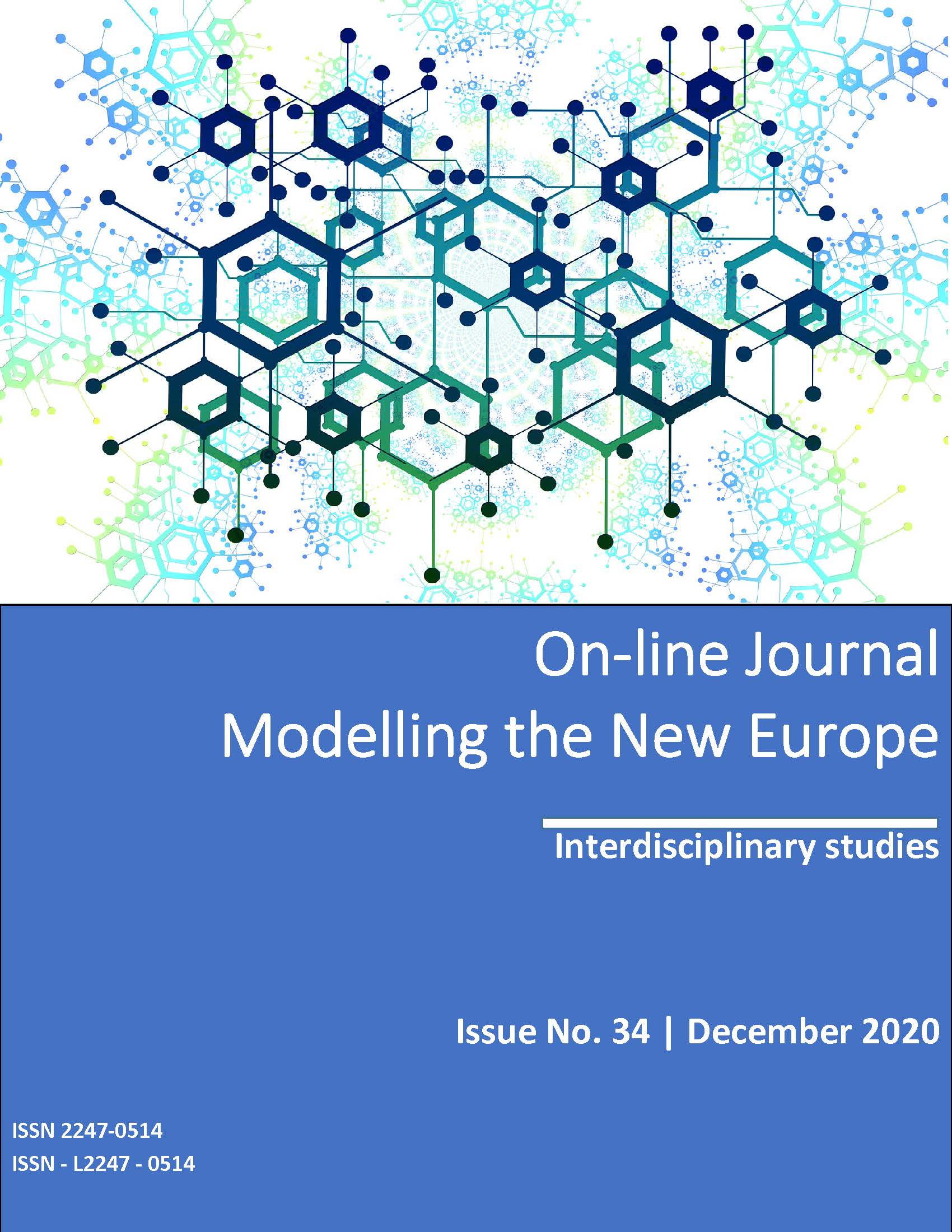ARTICLE 7 PROCESS AND DEMOCRATIC BACKSLIDING OF HUNGARY AND POLAND. DEMOCRACY AND THE RULE OF LAW
ARTICLE 7 PROCESS AND DEMOCRATIC BACKSLIDING OF HUNGARY AND POLAND. DEMOCRACY AND THE RULE OF LAW
Author(s): Viktor Glied, Łukasz ZamęckiSubject(s): Politics / Political Sciences, Politics, Social Sciences, International relations/trade
Published by: Facultatea de Studii Europene -Universitatea Babeş-Bolyai
Keywords: liberal democracy; democratic backsliding; Article 7; European Union;
Summary/Abstract: This paper examines developments in Poland following the 2015 elections and in Hungary since 2010, which included the gradual destruction of democratic institutions, challenges to the rule of law, as well as to the system of checks and balances. The authors consider the Ziblatt–Levitsky model (2018) as a meaningful framework for the analysis of the way in which the power structure was reshaped and have based their research on the classification set out in this model. Our objective is to present the political changes that took place in the two Central-Eastern-European countries during the last decade that resulted in the process under Article 7 being used for the first time in the history of the EU. The paper conclusion is that the path of de-democratization of Hungary and Poland is seen from the perspective of the EU and Council of Europe, as similar one. In actions taken toward both countries, the EU concerns mostly the principle of the rule of law.
Journal: Online Journal Modelling the New Europe
- Issue Year: 2020
- Issue No: 34
- Page Range: 57-85
- Page Count: 28
- Language: English

